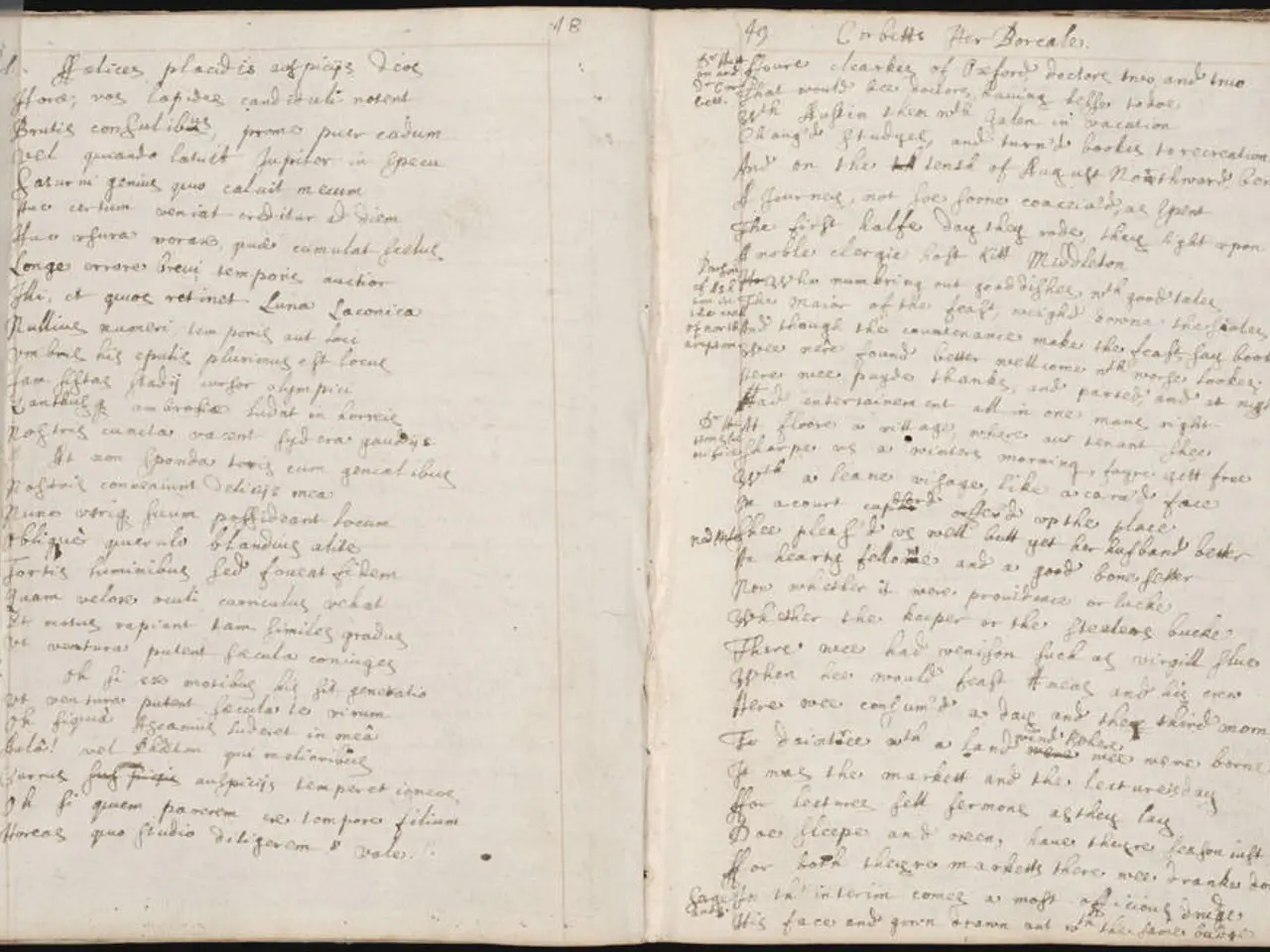Alberta defends use of notwithstanding clause in legal arguments for Bill 21's Supreme Court trial
Canada's Supreme Court Hears Landmark Case on Quebec's Secularism Law
In a significant development, the Supreme Court of Canada is currently hearing a landmark case over Quebec's secularism law, Bill 21. The case has garnered national attention, with the Quebec government being supported by the Alberta province in its defence.
Bill 21, enacted in 2019, prohibits public sector workers in positions of authority, such as teachers and judges, from wearing religious symbols on the job. The law has been met with both support and criticism, with some arguing it promotes secularism, while others claim it infringes upon religious freedoms.
The notwithstanding clause, a part of the Canadian constitution, is at the heart of this debate. This clause allows governments to override some Charter rights in certain circumstances. Prime Minister Mark Carney has expressed his opposition to the pre-emptive use of the notwithstanding clause, stating that it undermines the Charter's protections. However, the Alberta government views the notwithstanding clause as a 'hard-fought and hard-won compromise' during constitutional negotiations. They consider it essential in preserving the provinces' parliamentary sovereignty.
Alberta's Attorney General presented the arguments of the province in the Supreme Court case on Wednesday morning. The Alberta government is participating in the case, citing the notwithstanding clause as a means to protect its rights and those of its citizens.
Meanwhile, in a separate matter, Chrystia Freeland, the Canadian Minister of Finance, is leaving the cabinet to serve as a special envoy to Ukraine. Her departure comes as Canada seeks public input on the review of the CUSMA trade pact.
Elsewhere, the suspect in the Charlie Kirk shooting case has been charged with aggravated murder, and prosecutors plan to seek the death penalty. The case has sent shockwaves across the nation, with calls for stricter gun control measures being renewed.
In this evolving landscape, the Supreme Court case over Quebec's secularism law continues to unfold, with its outcome likely to have wide-reaching implications for Canadian society and the balance of power between the federal and provincial governments.
Read also:
- United States tariffs pose a threat to India, necessitating the recruitment of adept negotiators or strategists, similar to those who had influenced Trump's decisions.
- Weekly happenings in the German Federal Parliament (Bundestag)
- Southwest region's most popular posts, accompanied by an inquiry:
- Discussion between Putin and Trump in Alaska could potentially overshadow Ukraine's concerns







